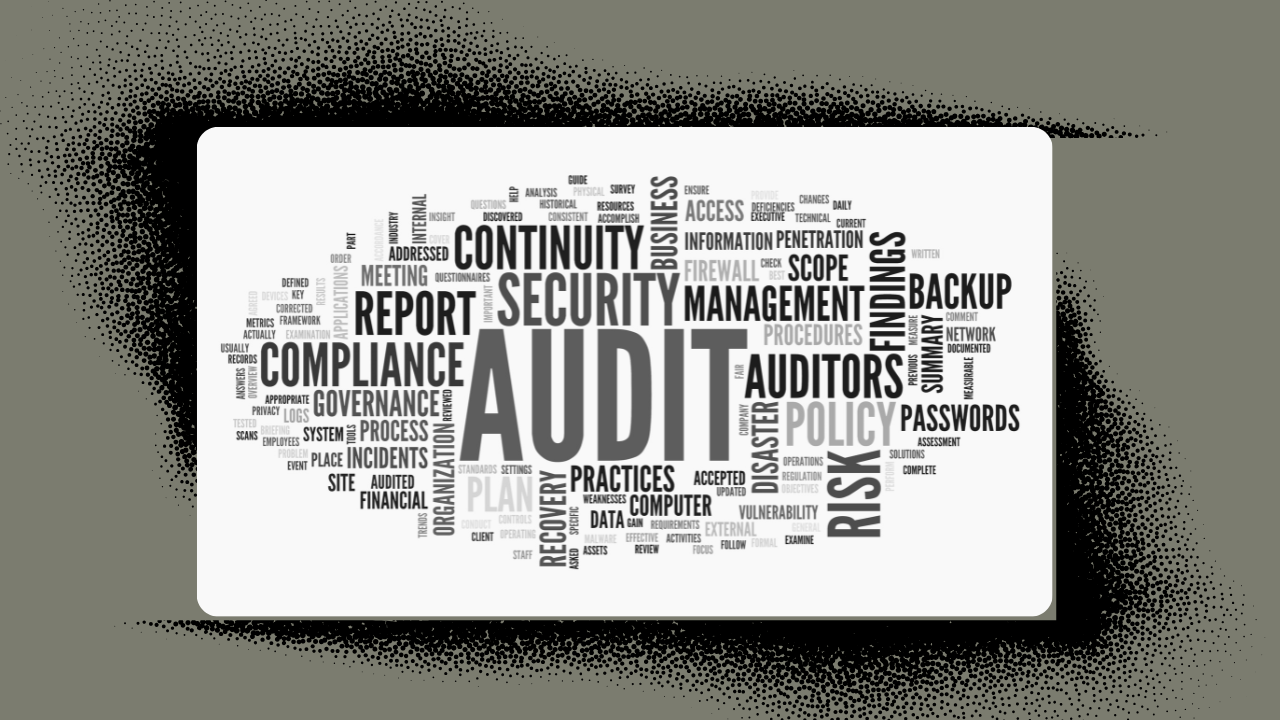Lessons Learned in the Trenches of Behavioral Health Payer Audits
Feb 26, 2025
Behavioral health providers face increasing scrutiny from commercial and government payers, with audits becoming more frequent and intensive. As the industry struggles with this trend, several key lessons have developed from the frontlines of payer audits.
The Rising Tide of Audits
In recent years, behavioral health providers have experienced a marked increase in audit activity from both private and public payers. This surge is driven by several factors:
- Increased spending on behavioral health services
- Historical instances of fraud and abuse in the industry
- Greater focus on compliance and enforcement
As a result, providers must be more vigilant than ever in their billing and documentation practices.
Common Audit Triggers
Auditors are on the lookout for specific issues that may lead to recoupments. Some of the most frequent triggers include:
- Inadequate documentation of medical necessity
- Improper use of billing codes
- Missing or incomplete treatment plans
- Lack of proper oversight by licensed clinicians
- Insufficient detail in progress notes
Providers should be particularly aware of these areas and ensure their practices are up to par.
Financial Impact
The consequences of failing an audit can be severe. Many providers have faced significant financial hardships due to recoupments and legal costs in defending valid services. In some cases, these financial strains have even led to practice closures. It's crucial for providers to understand the potential impact and take proactive steps to mitigate risks.
Strategies for Success
To navigate the complex landscape of payer audits, behavioral health providers should consider the following strategies:
Invest in Compliance (cannot stress this enough)
Developing a robust compliance program is essential. This should include:
- Comprehensive policies and procedures
- Regular staff training on billing and documentation requirements
- Internal auditing and monitoring processes
Leverage Technology
Implementing behavioral health-specific EHR systems and billing technologies can significantly reduce errors and improve documentation accuracy. These tools can help automate many aspects of the billing process and ensure consistency in record-keeping. Finding the best option for your organization can be difficult. Do not skip the process of asking questions to current users about challenges before you buy. Demos can be misleading.
Focus on Documentation
Proper documentation is the cornerstone of surviving an audit. Providers should:
- Use behavioral language to describe presenting conditions and functional impairments
- Ensure all required elements are present in each note, yes sometimes that is dictated by a regulation vs being clinically obvious.
- Avoid using generic templates or checkbox systems. Your documentation must tell a story.
Stay Informed
Keeping up to date with changing regulations and payer requirements is crucial. Providers should regularly review updates from payers and regulatory bodies to ensure compliance.
Consider Outsourcing
For some practices, partnering with a specialized behavioral health billing company can be a cost-effective solution to navigate the complexities of billing and compliance. Again references will be key in understanding how successful the billing company has been with other behavioral health organizations.
When Issues Arise
If a provider discovers billing errors or compliance issues, it's crucial to address them promptly:
- Utilize the 60-day overpayment self-disclosure rule when applicable
- Conduct internal audits to identify the scope of the problem
- Develop and implement corrective action plans
Being proactive and transparent can often lead to more favorable outcomes than waiting for external auditors to uncover issues.
Conclusion
Navigating payer audits in behavioral health is challenging, but with the right approach, providers can minimize risks and ensure the financial health of their practices. By focusing on compliance, leveraging technology, and maintaining meticulous documentation, behavioral health providers can not only survive audits but thrive in an increasingly complex regulatory environment.
Remember, the goal is not just to pass audits, but to provide high-quality care while maintaining the integrity of your practice. By learning from these lessons and implementing best practices, behavioral health providers can build resilient, compliant organizations that are well-prepared for the scrutiny of payer audits.
